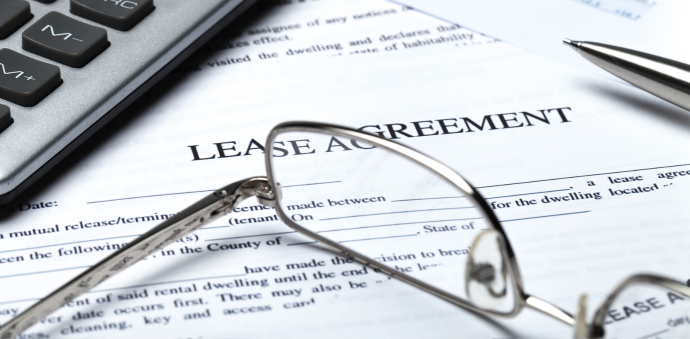
Breaking a lease can feel overwhelming and stressful, especially if you’re worried about penalties or legal consequences. The good news is that North Carolina law provides tenants with specific legal ways to terminate a lease early without incurring unnecessary fees or facing eviction. Understanding these options empowers you to protect your rights and find the best solution for your situation.
This blog post will explain the common legal grounds and procedures to terminate a lease in North Carolina, guide you through the necessary steps, and help you avoid costly mistakes.
Landlords must maintain rental properties in a safe and habitable condition. If your home has serious health or safety problems such as mold, pests, no heat, plumbing failures, or other violations and your landlord refuses to fix these issues after proper notice, you may have a legal right to terminate your lease.
For more details on what constitutes uninhabitable housing, refer to: What Qualifies as Uninhabitable Housing in North Carolina? A Tenant’s Guide.
Under the Servicemembers Civil Relief Act (SCRA), tenants who are called to active military service for at least 90 days can end their lease early without penalty. You must provide written notice and a copy of your military orders to the landlord.
North Carolina law allows victims to terminate a lease early if they provide the landlord with proper written notice and supporting documents such as a protective order or safety plan. This protects tenants needing to move to avoid harm.
Some leases include clauses specifying how tenants can legally end the lease early sometimes by paying a fee or providing certain notice. Review your lease carefully to see if these options apply.
If you and your landlord agree to end the lease early, it’s essential to get the agreement in writing to avoid future disputes.
The amount of notice you must give your landlord depends on the type of lease, as specified in N.C. Gen. Stat. § 42-14 and other relevant statutes:
Always provide written notice and keep a copy for your records.
If you break your lease without legal grounds or landlord consent, you could be responsible for:
Breaking a lease can have serious financial and legal consequences. If you’re considering ending your lease early, contact us today for a free consultation. We’ll review your situation, explain your legal rights, help you communicate effectively with your landlord, and guide you through a smooth lease termination.
Don’t risk costly mistakes or unfair treatment, reach out now for trusted tenant advocacy and expert legal support in North Carolina.
Read: Breaking a lease early in North Carolina – tenant options